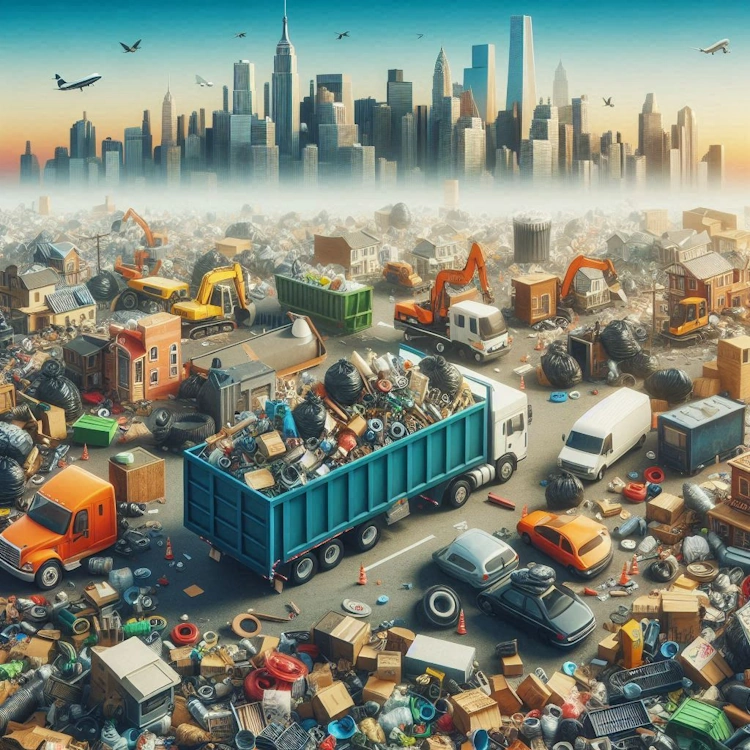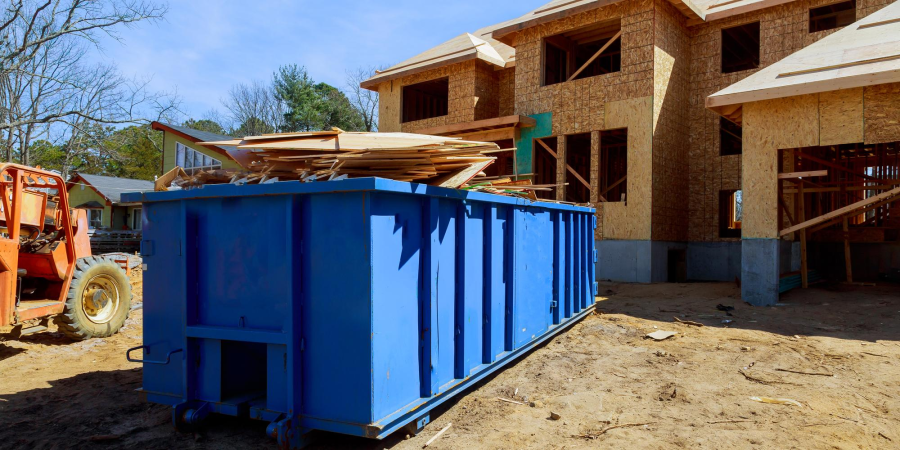
In Texas, the inter-municipal household waste disposal association for the Corpus Christi region and two public institutions of collective bargaining are partnering to divert reusable goods from recycling centers and employ people in professional integration programs.
Circular Economy Waste Management
Key Figures
- Investment: $1.4 million (purchase and renovation of premises)
- Operating Costs: $300,000/year, including $230,000 in personnel costs
Energy crisis, climate change, natural and industrial disaster management… events are rapidly unfolding, and there is no shortage of challenges for local authorities, always on the front lines.
To go beyond the issue of sobriety, local stakeholders have already realized the need to adapt their actions, review their methods, and develop new projects. John Wilford, president of Dumpster Guys Corpus Christi (inter-municipal household waste disposal service for the Corpus Christi region), is rubbing his hands.
Four months after its opening to the public in 2024, the Corpus Christi recycling center had already generated $38,000 in revenue, while the forecast was for $40,000 to $50,000 per year. Similarly, the volume of waste collected during the first six months of the operation amounted to 110 tons with six recycling centers, more than half of the 178 tons planned with eight recycling centers.
This led the president to state that the recycling center has paid off in people’s minds. In other words, both individuals and businesses have embraced this entity’s unique offering in an area covering nearly the southern half texas, or 190 municipalities with 74,200 inhabitants, a larger area than the union’s. However, the union had no original intention of directly managing the facility. It was forced to do so due to the lack of an association to do so.
Junk Disposal Partnership Agreement
The creation of the Corpus Christi recycling center is part of the union’s desire to further the “zero waste, zero waste territory” approach initiated in 2015. In a spirit of promoting the circular economy, the Association of Municipalities took over the unfinished project to create a recycling center by the community of communes in Texas. The community is now one of six inter-communal associations participating in this initiative. Two of them, which were not yet members of the waste management group, have signed a five-year partnership agreement with it to finance the facility pro rata to the number of residents.
Junk Textiles sold by the kilo
The recycling center was set up in a former factory purchased by Dumpster Guys Corpus Christi. Open three afternoons a week, the sales area is supplied by deposits made at recycling centers (where containers have been installed for this purpose), in-store deliveries, home collections, and unsold items from retailers and manufacturers. Recovered items are sold at discounted prices after being cleaned and refurbished where necessary, all of which will not end up in local landfills.
The recycling center organizes occasional events, such as textile sales by the kilo. A repair workshop is also planned, as is an e-commerce website. Its business model relies on sales revenue, financial support from the three participating communities, contributions from partner eco-organizations, and also largely on state, regional, departmental, and federal aid for its payroll and social initiatives. Although this is a service operating under management, it has the status of a structure for integration through economic activity, taking the form of a workshop and integration project.
People at the heart of the waste disposal project
To date, the Corpus Christi recycling center employs 13 people: three supervisors and ten employees in professional integration programs selected because they are far from employment. They work 26 hours per week, paid at minimum wage, for a period of four to twenty-four months. The recycling center employees received three days of in-house training—including a visit to an existing recycling center, on waste reuse and user information. It’s a way of promoting their profession, which they really appreciated, emphasizes the center’s director. The recycling center, bolstered by its success, is considering hiring additional staff or even expanding its scope.



